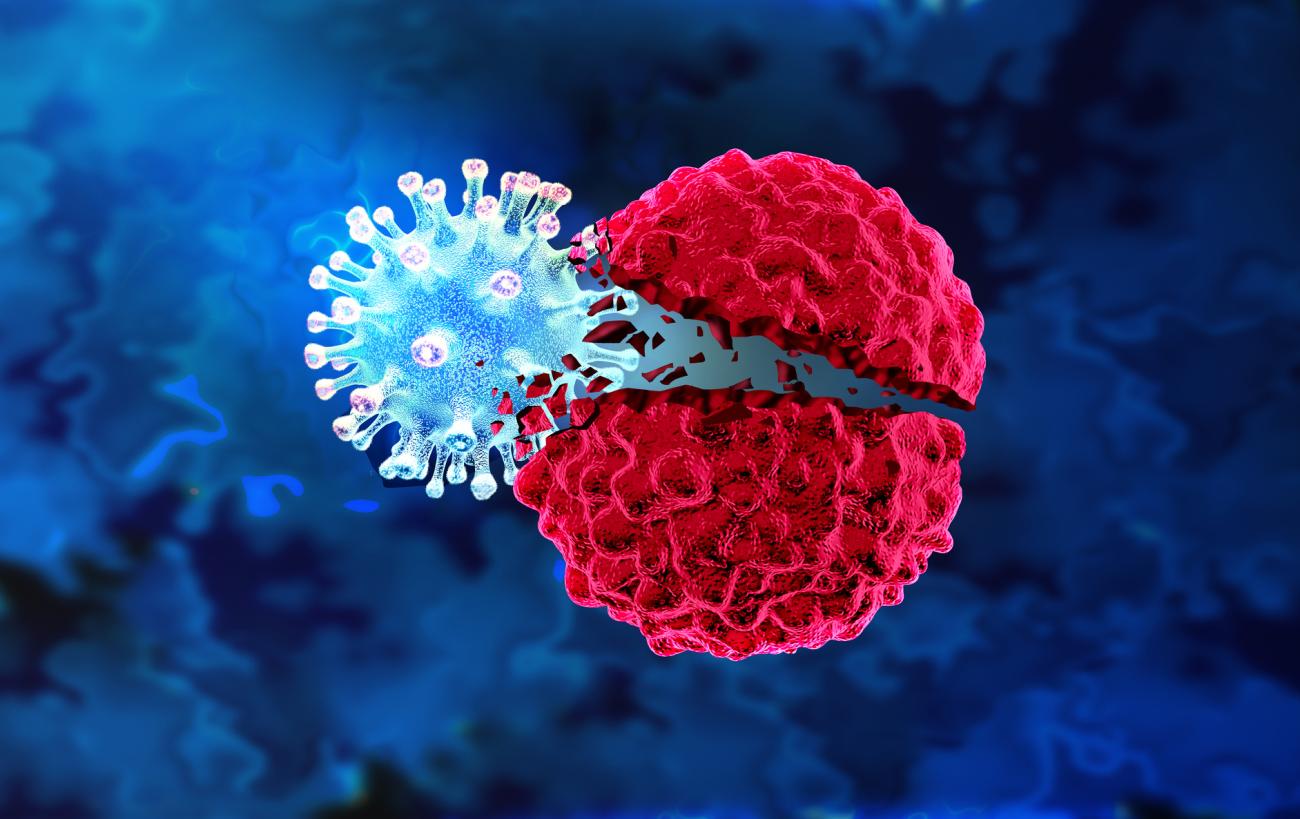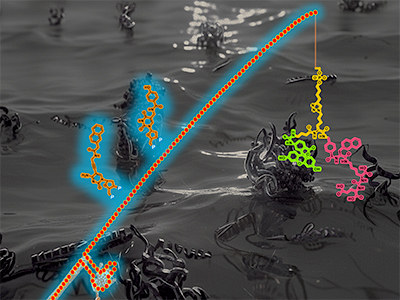
New ‘baited-SELEX’ technology merges small-molecule drug design with chemical biology to potentially improve treatment accuracy and reduce side effects.
A collaborative team of researchers from the Department of Chemistry at the University of British Columbia (UBC) and the Vancouver Prostate Centre (VPC) have developed a new method to design safer, more targeted cancer drugs. The platform, called baited-SELEX, uses DNA molecules to mimic antibodies and selectively target cancer cells while minimizing harmful side effects of current therapies.
Published in the Journal of the American Chemical Society, the study introduces a breakthrough approach for developing DNA-based therapeutics that could extend beyond prostate cancer to other forms of targeted radiotherapy and molecular treatments.
Co-led by Dr. David Perrin, professor in the UBC Department of Chemistry, and the research team at the Vancouver Prostate Centre led by Dr. Larry Goldenberg, the study developed a first-of-its-kind system for evolving DNA aptamers — short DNA strands that bind tightly and specifically to disease-related targets.

By linking a fluorescent version of the FDA-approved prostate cancer drug Pluvicto™ to a library of DNA sequences, the researchers enabled these molecules to “learn” to recognize prostate-specific membrane antigen (PSMA) — a key marker on prostate cancer cells. The resulting aptamer demonstrated exceptional precision, binding strongly to tumor tissue while avoiding healthy salivary glands, where toxicity is a common challenge in existing PSMA-targeted therapies.

“The baited-SELEX approach allows us to merge the chemical precision of small-molecule drugs with the targeting sophistication of DNA aptamers,” says Dr. David Perrin, senior author of the study. “This hybrid approach opens new opportunities to discover and develop treatments that combine high efficacy with improved safety.”

“This discovery represents an incremental step forward in advancing smarter, safer therapies for prostate cancer,” adds Dr. Larry Goldenberg, Professor in the UBC Department of Urologic Sciences and Research Scientist at the VPC. “It showcases B.C.’s strength in multidisciplinary partnerships uniting chemistry, biology and patient-focused clinical research to deliver meaningful improvements in care.”
Advancing precision cancer treatment through collaboration
Conducted through the Vancouver Prostate Centre at the M. H. Mohseni Institute of Urologic Sciences, part of the Vancouver Coastal Health Research Institute (VCHRI) and the UBC Faculty of Medicine, this research demonstrates how interdisciplinary collaboration accelerates discovery from the laboratory to potential clinical application.
The findings highlight B.C.’s growing leadership in precision oncology, combining fundamental chemistry and translational medicine to pioneer new therapeutic strategies. By bridging expertise across UBC Science, VCHRI and the Vancouver Prostate Centre, this work paves the way for safer and more effective treatments that improve outcomes for patients with cancer and other complex diseases.


